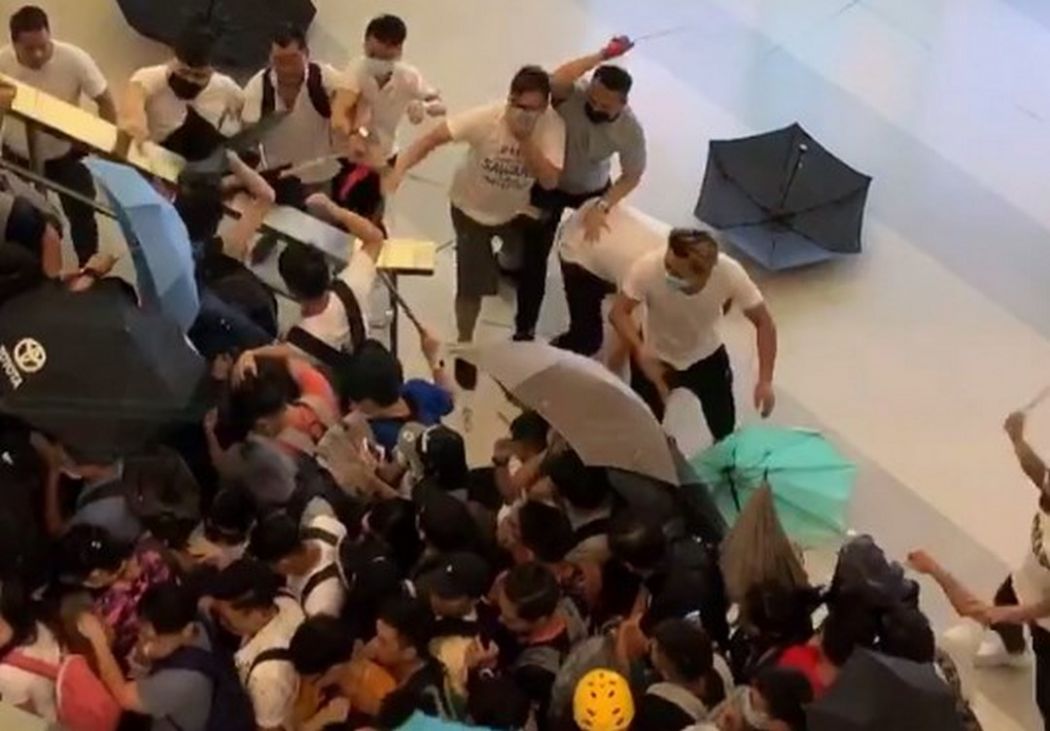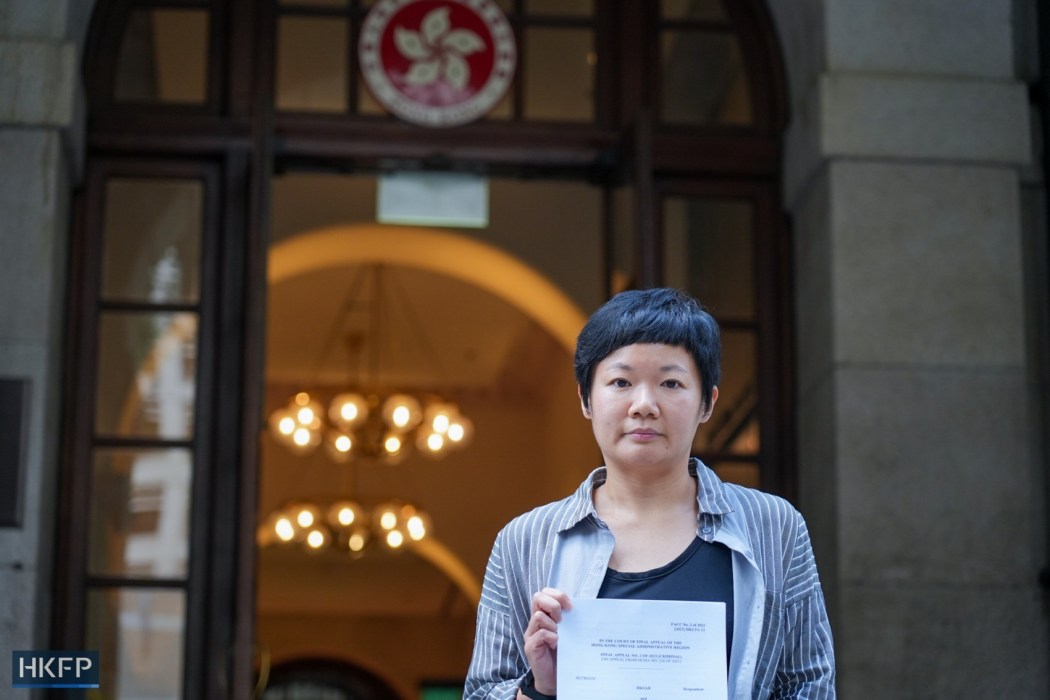A now-deleted Hong Kong documentary that examined the 2019 Yuen Long mob attacks did not breach any impartiality, accuracy, or fairness principles, according to the local regulator, which cleared RTHK of complaints.

The Communications Authority (CA) issued a statement on Thursday saying that complaints against the Hong Kong Connection episode entitled 7.21 Who Owns the Truth, were considered to be “unsubstantiated” and no further action would be taken against the government-owned broadcaster.
RTHK refused an award for the film in 2021, and – weeks later – deleted the programme from the internet as part of a content cull. Copies, nevertheless, re-emerged online.
On July 21, 2019, over 100 rod-wielding men stormed Yuen Long MTR station leaving 45 people injured – including journalists, protesters, commuters and pro-democracy lawmaker Lam Cheuk-ting. Police were criticised for responding slowly to the incident, with some officers seen leaving the scene or interacting with the white-clad men. The official account of the incident evolved over a year, with the authorities eventually claiming it was a “gang fight.”
Thursday’s CA statement said that they had received eight complaints claiming the film lacked impartiality, smeared the reputation of the police, and misled viewers into believing that making false statements was acceptable.

The CA said the programme included opposing viewpoints about the attacks as well as responses from the police to criticism: “There was insufficient evidence suggesting that the programme was being unfair to the Police,” the statement read.
As for the accusation about false representations, the CA referred to the Court of Final Appeal’s (CFA) judgment in June, which quashed a conviction against the programme’s producer. Bao Choy was accused of making false statements to access vehicle records as part of the investigation, but the CA said the documentary did not present crime as acceptable.
HKFP has reached out to RTHK for comment.
Beleaguered journalist
The episode under scrutiny was originally aired in July 2020 and was co-produced by Choy. The freelance journalist assessed public database to review vehicle ownership records but was later charged over making false statements. She was initially found guilty and fined HK$6,000 in 2021.

Choy appealed the conviction and took her case to the top court.
In June, the CFA unanimously ruled in favour of Choy and quashed her conviction – a verdict that was hailed as a rare victory for the city’s press freedom. But speaking to HKFP after her victory, Choy said “the damage [to press freedom] has already been done.”
Embattled broadcaster
The broadcaster has undergone a major editorial revamp following the 2019 extradition bill protests and unrest. The government ordered a review of its administration following pressure from the pro-Beijing camp, which alleged it was biased against the authorities.
Several programmes, including the city’s oldest satirical show Headliner and English-language current affairs programme The Pulse, were taken off air, as veteran hosts disappeared from the airwaves. Journalist Nabela Qoser – known for her tough questioning of officials – was among those whose employment was axed, whilst two radio show hosts were fired.

In recent years, it launched a chat show hosted by then-chief executive Carrie Lam, issued directives for staff to use Beijing-approved wording, and announced a partnership with Chinese state media outlet CCTV amid an exodus of senior editorial staff.
Hong Kong has plummeted in international press freedom indices since the onset of the security law. Watchdogs cite the arrest of journalists, raids on newsrooms and the closure of around 10 media outlets including Apple Daily, Stand News and Citizen News. Over 1,000 journalists have lost their jobs, whilst many have emigrated. Meanwhile, the city’s government-funded broadcaster RTHK has adopted new editorial guidelines, purged its archives and axed news and satirical shows.
See also: Explainer: Hong Kong’s press freedom under the national security law
In 2022, Chief Executive John Lee said press freedom was “in the pocket” of Hongkongers but “nobody is above the law.” Although he has told the press to “tell a good Hong Kong story,” government departments have been reluctant to respond to story pitches.
Support HKFP | Policies & Ethics | Error/typo? | Contact Us | Newsletter | Transparency & Annual Report | Apps
Help safeguard press freedom & keep HKFP free for all readers by supporting our team

LATEST FROM HKFP
HKFP has an impartial stance, transparent funding, and balanced coverage guided by an Ethics Code and Corrections Policy.
Support press freedom & help us surpass 1,000 monthly Patrons: 100% independent, governed by an ethics code & not-for-profit.










